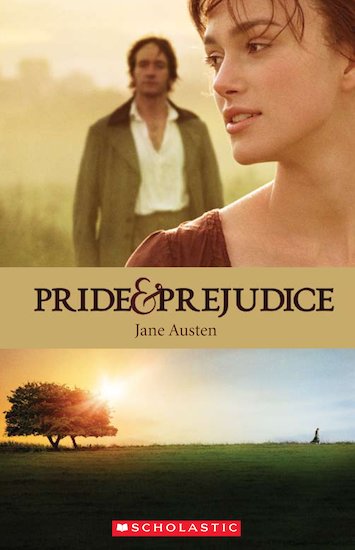
This
interesting novel is about pride, prejudice, the social rank of the families
that are introduced in the story and it is also focus on marriage and the class
system.
At that time, when the story was written, opinions
and motivations were defined by the class system and your position in the
society. Social rank and pride are connected in the story. Prejudice,
jugdement, pride in the ability to judge others, to have preconceptions about
others are also part of the main topics in the novel.
Belong to one family or another will
determine how successful you will be in life, that is why we can relate all the
concepts mentioned before with the family as unit of social life and how
marriage is seen in the story as the central point. The inequality that governs
the relationships is a predominant theme in the novel and how women are afected
by marriages.
Bearing this in mind, I can affirm that the
novel is not so outdated except for the changes that women have suffered in a
positive way. I think that prejudice and pride is still present in our society,
gossiping about others is a waste of time but it is still happen nowadays.
Nevertheless, today women are independent, we don´t need to focus on marriage
and children as the most important thing in our lives, we discovered that we
are strong and that we can do whatever we want, it doesn´t matter if we have a
man by our sides or not.
In conclusion, this novel is not so outdated
except for how a woman was seen in the 1700s and how a woman is seen nowadays.
I find Pride and Prejudice updated because Austen writes about people and their
problems, their dysfunctional families and these themes are in our society.
What has changed is our point of view about women, to seek for freedom, to live
in an equal world for any genre. Today, we are all Elizabeth, we decide, we
follow our feelings and we fight for our rights.
” It is a
truth universally acknowledged that a single man in possesion of a good fortune must be
in want of a wife.” Here we have, Jane
Austen´s main criticism that is mentioned along the whole novel. The phrase
reflects the inequality in the society and what really matters at that time for
being a woman.
Jane
Austen wrote this novel based on women´s situations. She expressed her opinion
about women´s issues inside the patriarchal society ruled by men who held
economic and social power. She was critical of the justice of the gender roles in
the English society of the nineteenth century.
Through Elizabeth Bennet, Austen advises only
to marry for love. Through the plot of the novel, it is clear that Austen wants
to show how Elizabeth is able to be happy by refusing to marry for financial
purposes (E.g: Mr. Collin´s proposal) and only marrying a man whom she truly
loves and living her life after marriage
still being respected by her husband and being given freedom.
Austen ´s feminism is shown everytime she
writes about the unfairness of the idea of an entailment. Furthermore, Austen´s view about love are also her voice
to express that you only need to marry if you are truly in love. The lack of
love is a predominat topic in the novel.
We can also think about Elizabeth as a strong
and independent woman who is decided to reject a marriage proposal because she
thinks that being in love is important and being happy too.
The novel expressed that if you´re a woman,
you are full of talents, it is supposed to make a woman esteemed accomplished
are exclusively talents( E.g: playing the piano) and there is no mention of
kindness, humour or intelligence.
Comentarios
Publicar un comentario